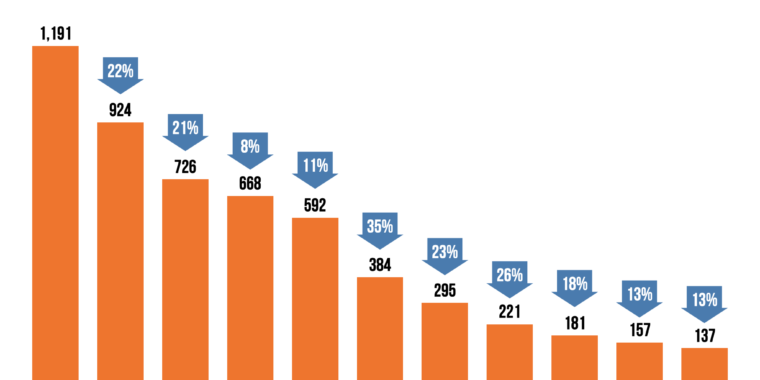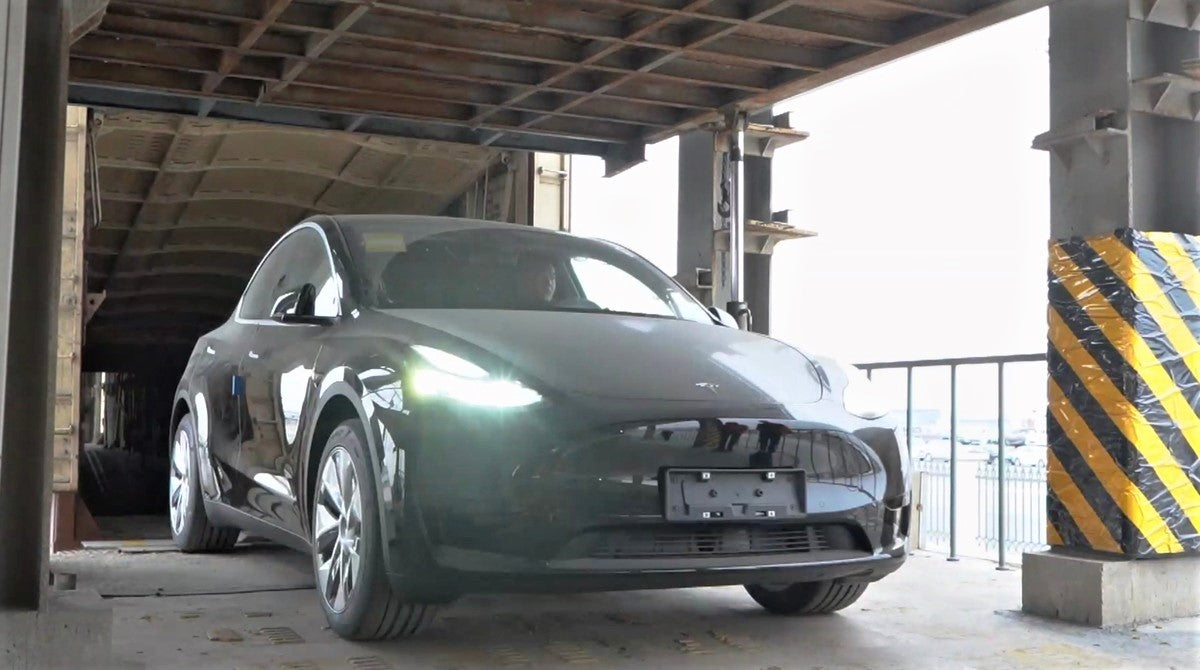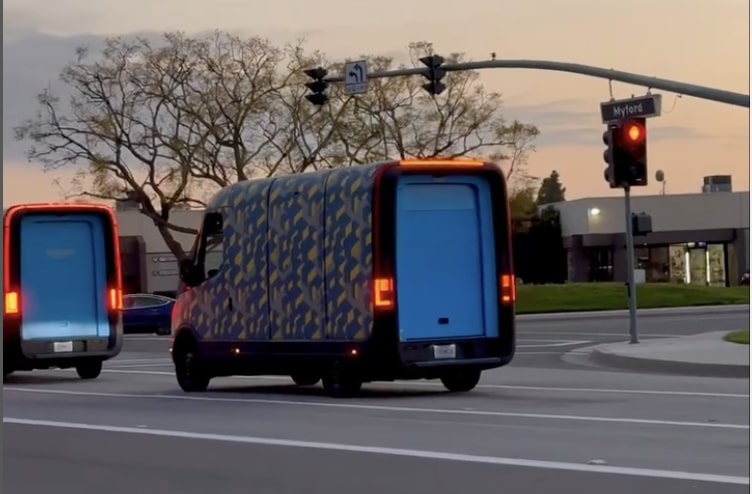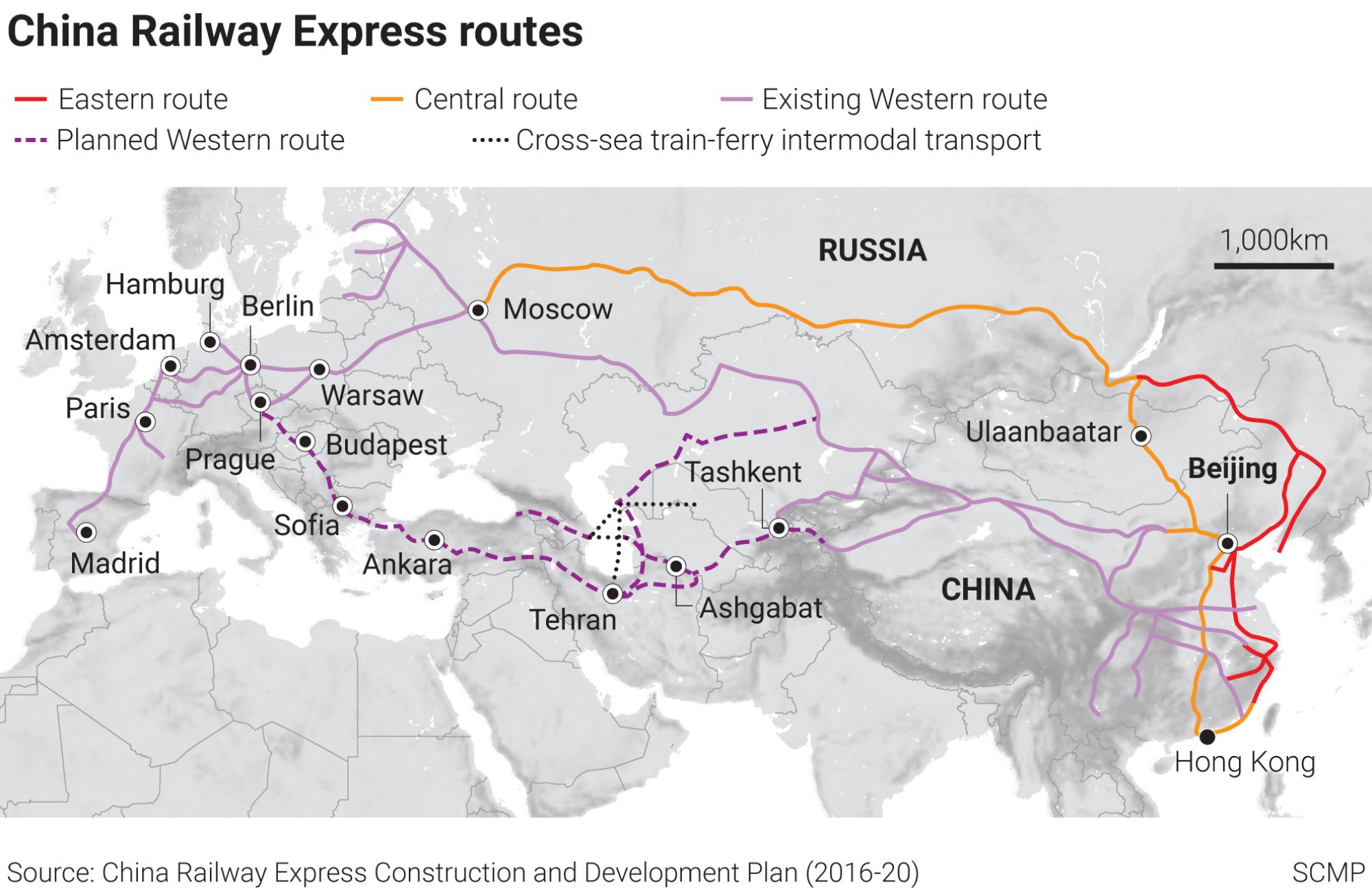Since there is no public data on profitability market by market, how can you make these assertions. As for BYD are you assuming their business is only passenger cars?
As I have at least implied, if not said directly, I am not a great fan of BYD passenger cars. I am a fan of their busses, trucks and battery technology in some applications.
We should be promoting the Tesla mission here. That also means recognizing other companies that have similar goals.
FUD is undesirable, even when it relates to some company other than Tesla.
When the Nicola, Rivian etc have negative margins calling that out is not FUD.
Claiming BYD cannot succeed because their margins are more like legacy OEM’s than like Tesla’s is not factually likely, much less proven. Positive cash flow is a more relevant measure of their prospects, as it always is the best measure of survivability.






